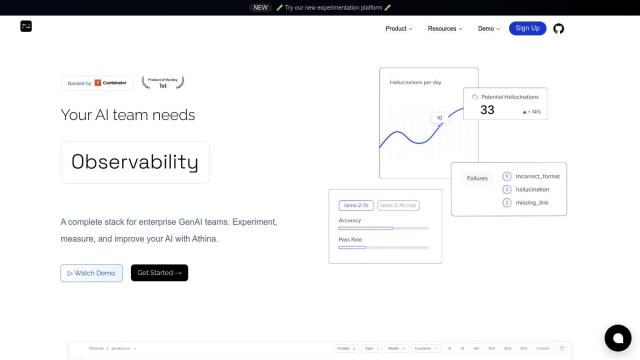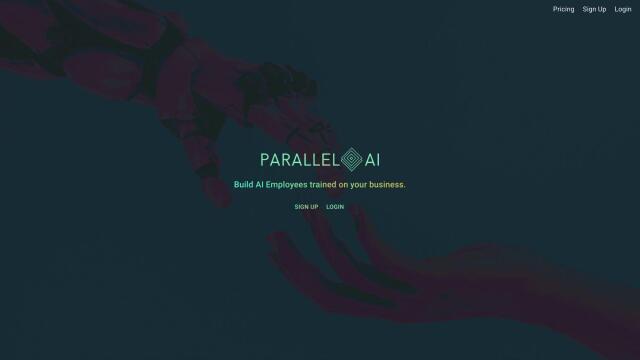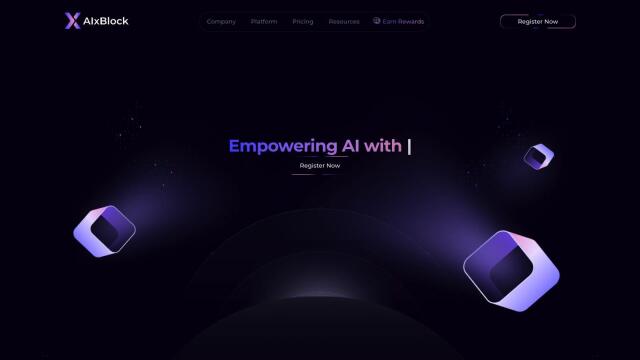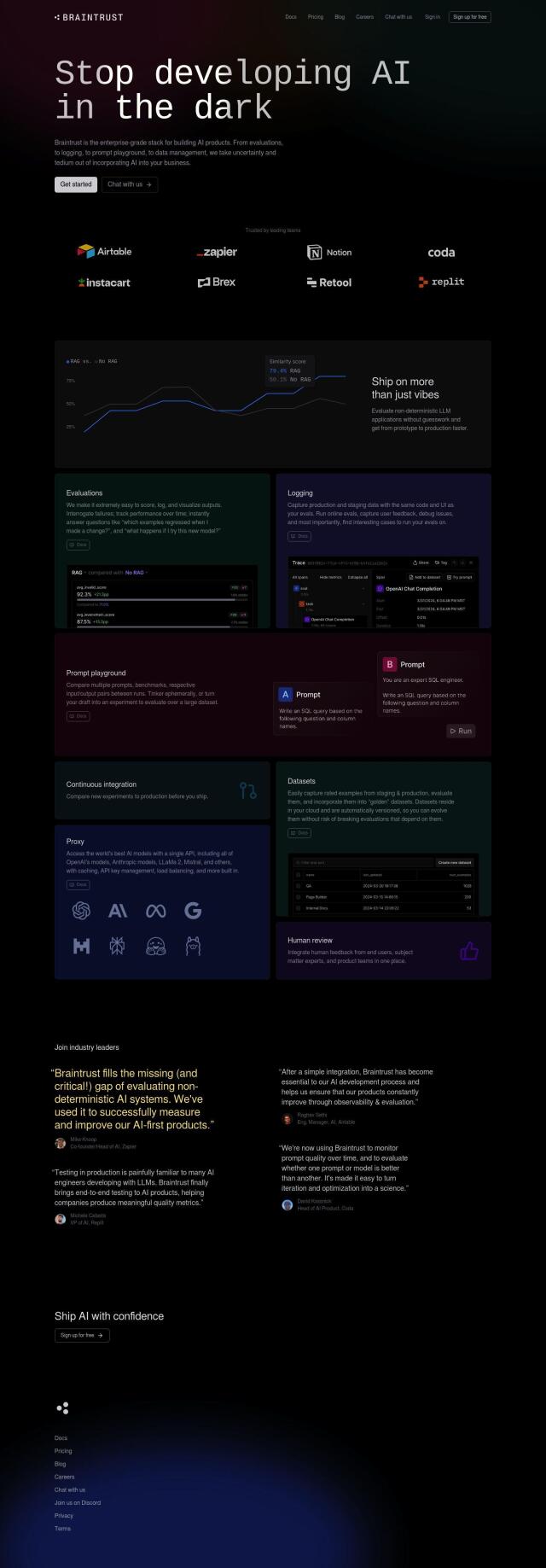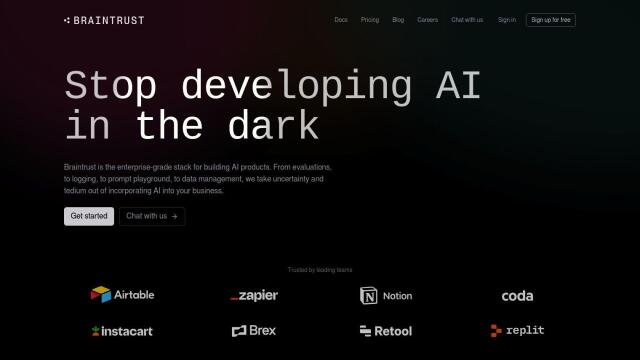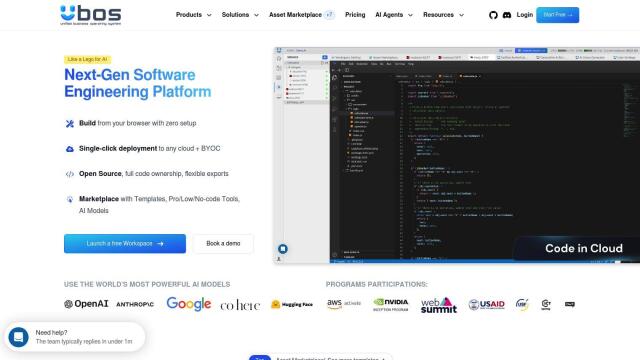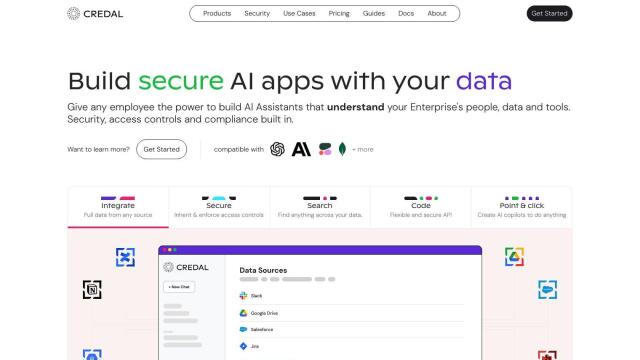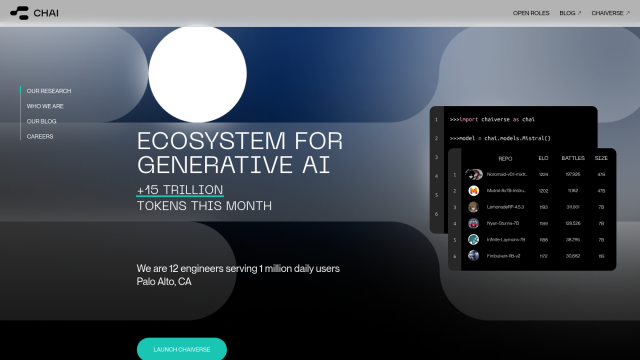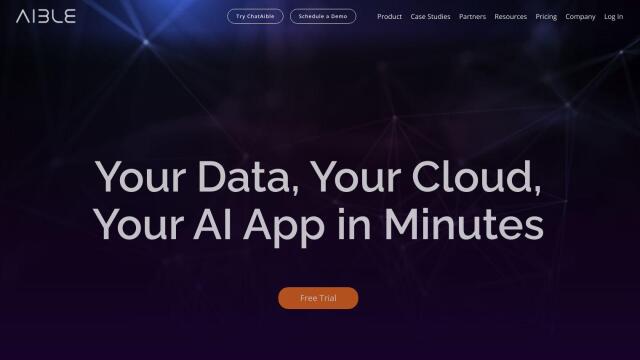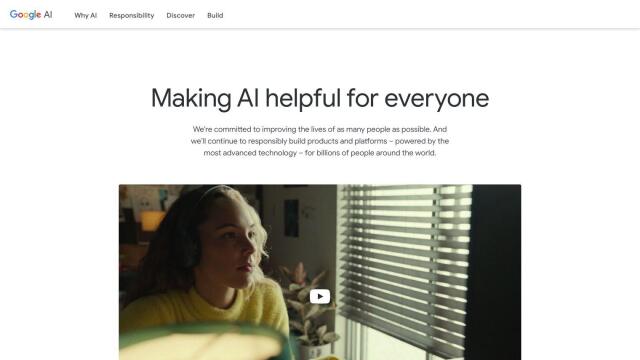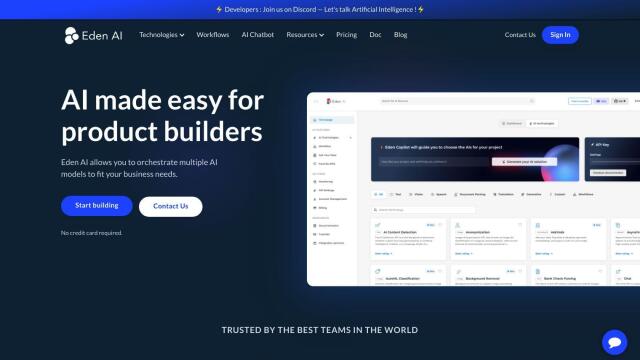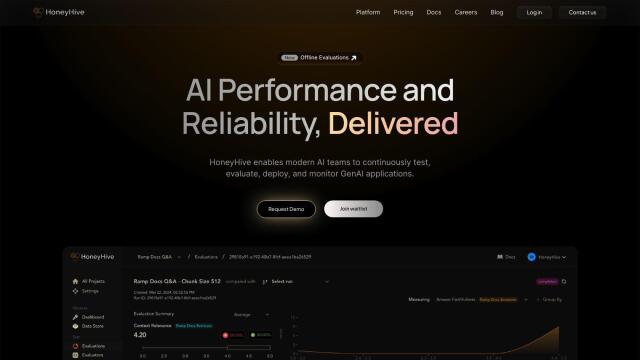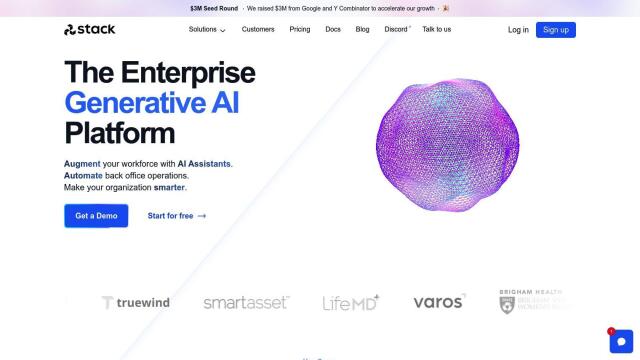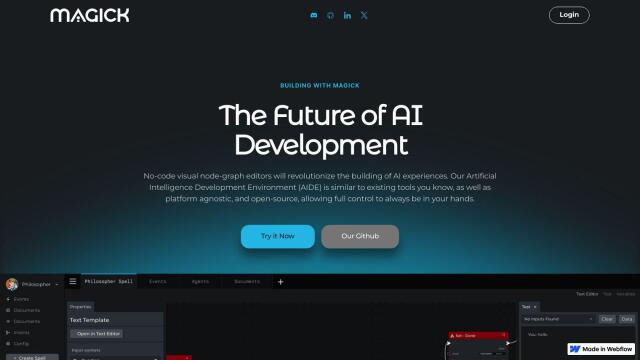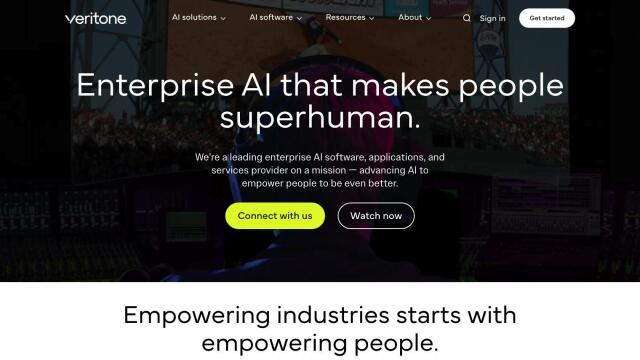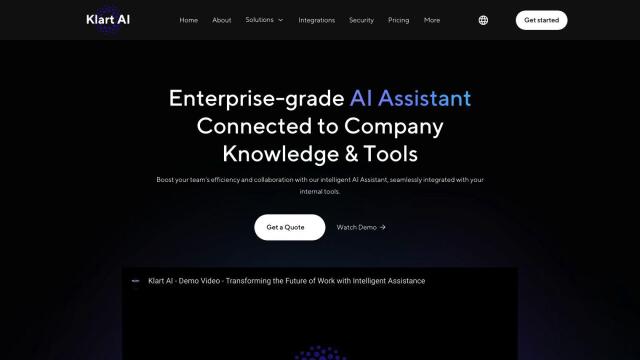Question: I need a flexible AI platform that offers transparency and trust in AI development, do you know of any?

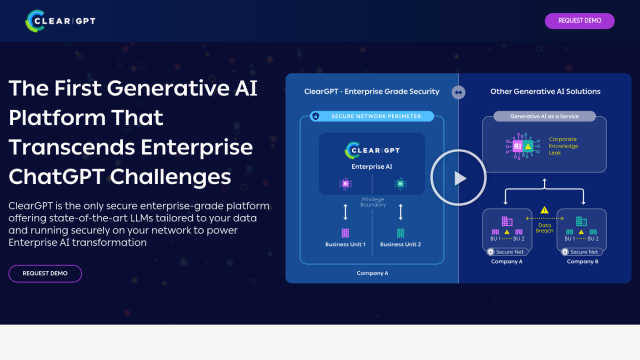
ClearGPT
Another top contender is ClearGPT, an enterprise-focused platform that's designed to overcome security, performance and data governance concerns. It's based on generative AI and Large Language Models like ChatGPT, but includes role-based access controls, data governance and a human feedback loop to give customers the most control and to protect corporate intellectual property. ClearGPT's secure environment, where data is processed on a private network, is geared for enterprises that want to use AI without worrying about data breaches or vendor lock-in.


Dataloop
For full AI development, Dataloop combines data curation, model management, pipeline orchestration and human feedback to speed up application development. It handles unstructured data like images, videos and text and includes security controls that meet international standards. Dataloop's suite of tools and integrations is broad enough to be useful for different roles in an organization, and it's designed to produce high-quality and secure AI applications.


Dify
Last, Dify is an open-source foundation for generative AI applications. It includes a visual Orchestration Studio for designing AI apps, secure data pipelines and customizable LLM agents. Dify's flexible pricing and active development means it's a potentially economical option for businesses and individuals who want to build AI securely and efficiently into their operations.

